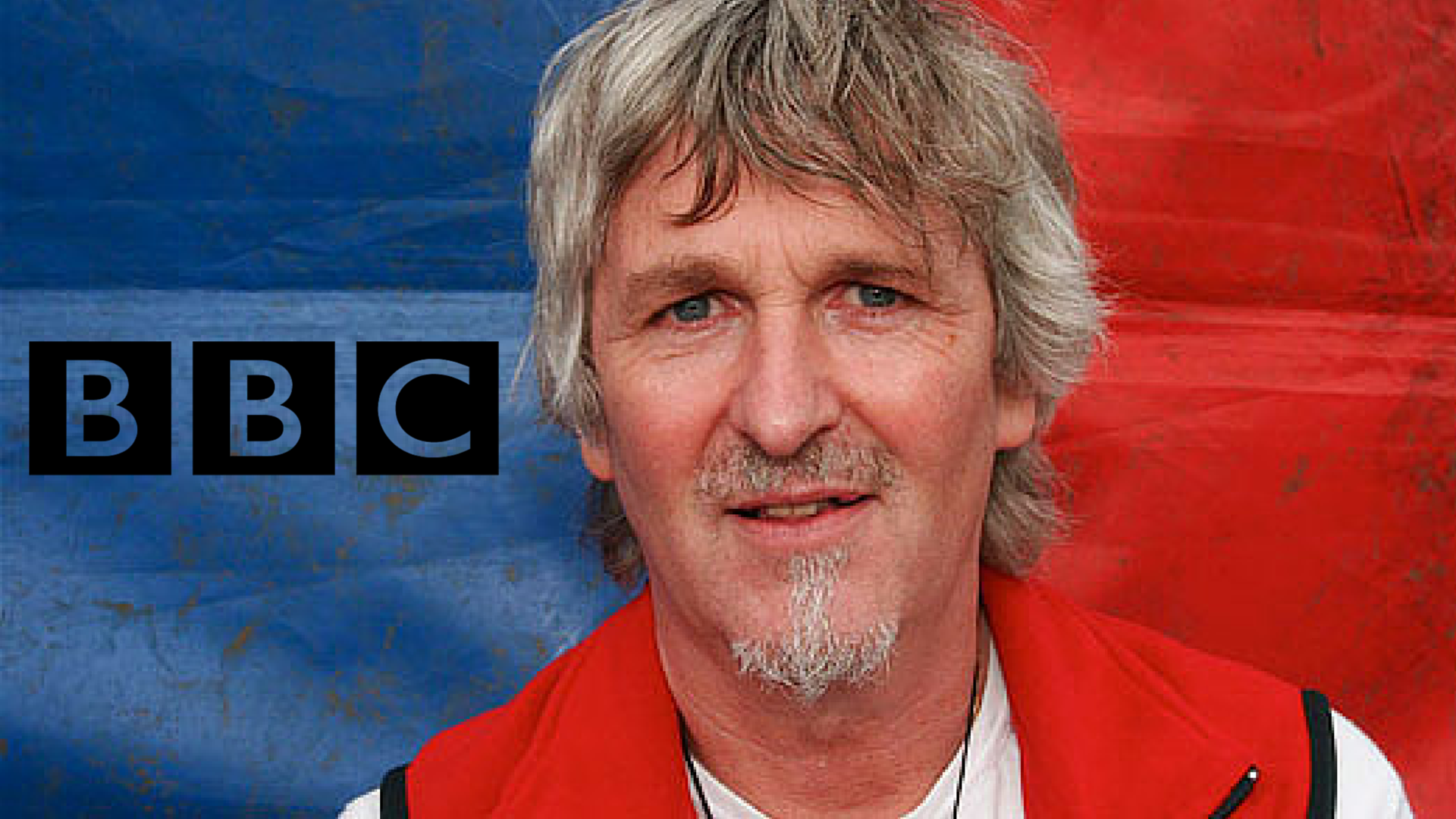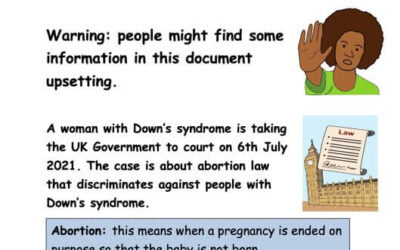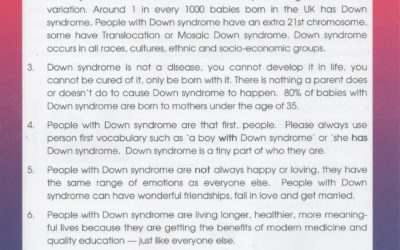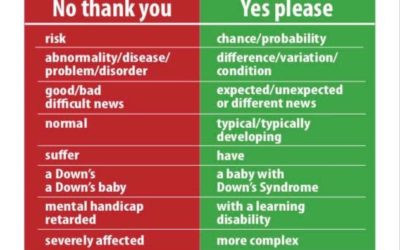BBC Thought of The Day features John Bell reflecting on the place of people with Down’s syndrome in our society. Sally Phillips’ discussion on new pre-natal test on Thursday on the Today Show inspired this piece.
My earliest memories of children with Down’s syndrome still embarrasses me. They were given a name which I would rather not repeat. They were dressed in grey or fawn so that they wouldn’t draw attention to themselves and people would say regarding their parents that it was a shame for them to have had such a child.
But since then I have met children and young people with Down’s syndrome who clearly love life, love being dressed in bright colours and who have brought delight to their parents and an increasing number of them can hold down a job, live independently or in supported accommodation and may even compete in the Paralympics.
[vc_video link=’https://www.youtube.com/watch?v=c99Vv99v6RY’]
This heightened expectation and fulfilment of such young people is in no small way due to the pioneering work of the French Canadian, John V. through his experience of living with severely disabled people he realised that they were seen more for their perceived problem rather than for their potential and he began the international L’Arche community to provide appropriate care and change attitudes. So it was interesting to listen yesterday on this programme to a discussion about the efficacy and ethics of different forms of medical testing which tried to assess whether the foetus in the womb has a likelihood of having Down’s.
I don’t want to deal here with the vexatious issues around the possibility of terminating a pregnancy on the grounds of the results of such a test, I want rather to think of what happens when such a child is born. People may automatically say that a child with Down’s will change their parent’s lives. And that’s true. They have to deal with a change of expectations, but then any child should change it’s parents lives if they love him or her.
For me the issue is whether the community into which it is born will be welcoming for I believe that such children are essential to the health of our whole society. I say this because I’ve noticed recently in reading the gospels how Jesus has a consistent habit of rehabilitating people whom society has marginalised. Not just tax collectors and prostitutes, but people who were stigmatised because of their mental or physical disorder. He sends people presumed to be demon possessed, people who had leporacy, people who are disabled back into the societies which had forcibly excluded them. That divine initiative suggests to me that perhaps those of us who deem ourselves normal will only be cured of the disease of arrogant perfectionism when we are touched socially and physically by those from whom we might be prone to avert our eyes.
It suggests to me that those who have Down’s syndrome may be very the people through whom society is healed.



